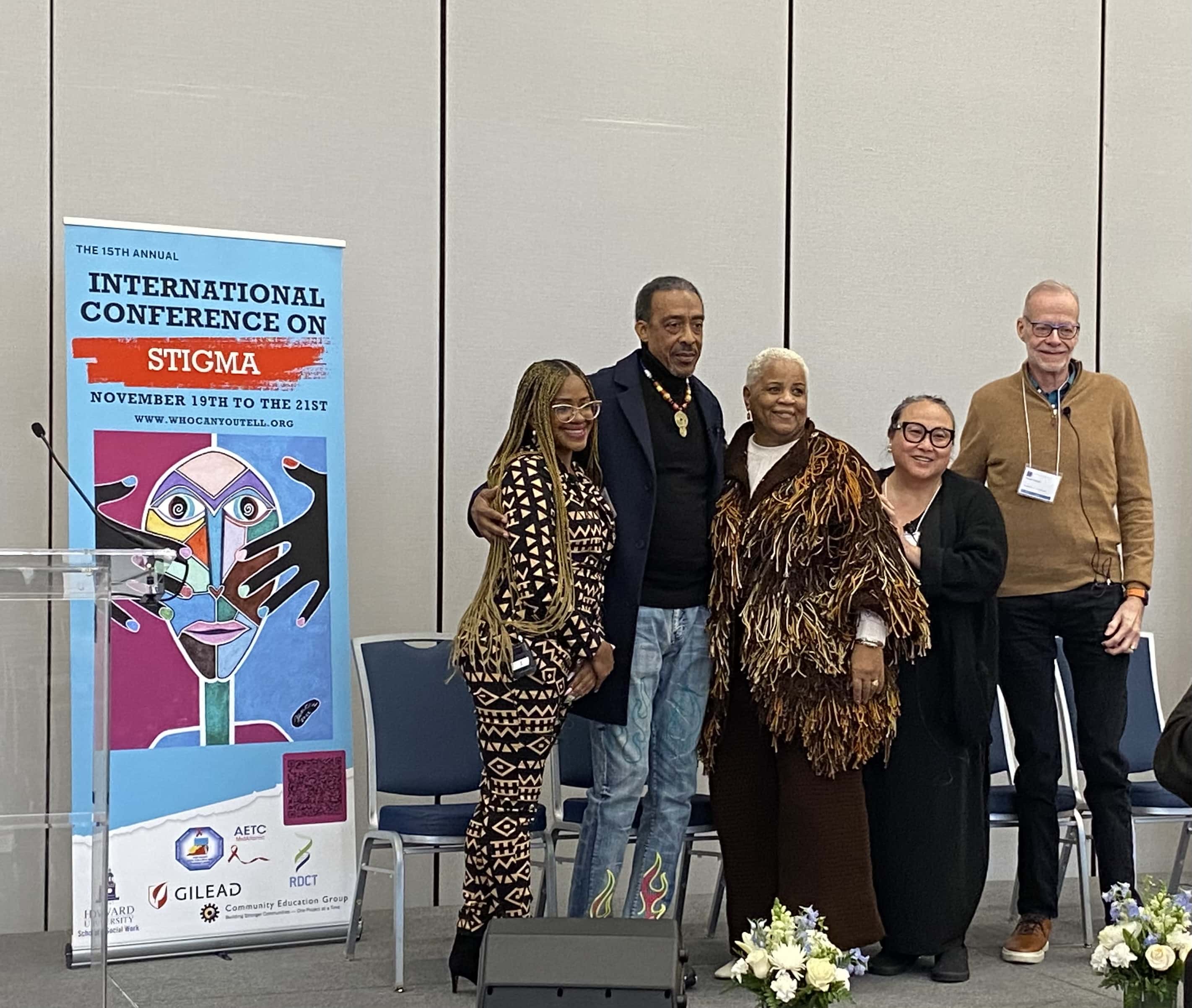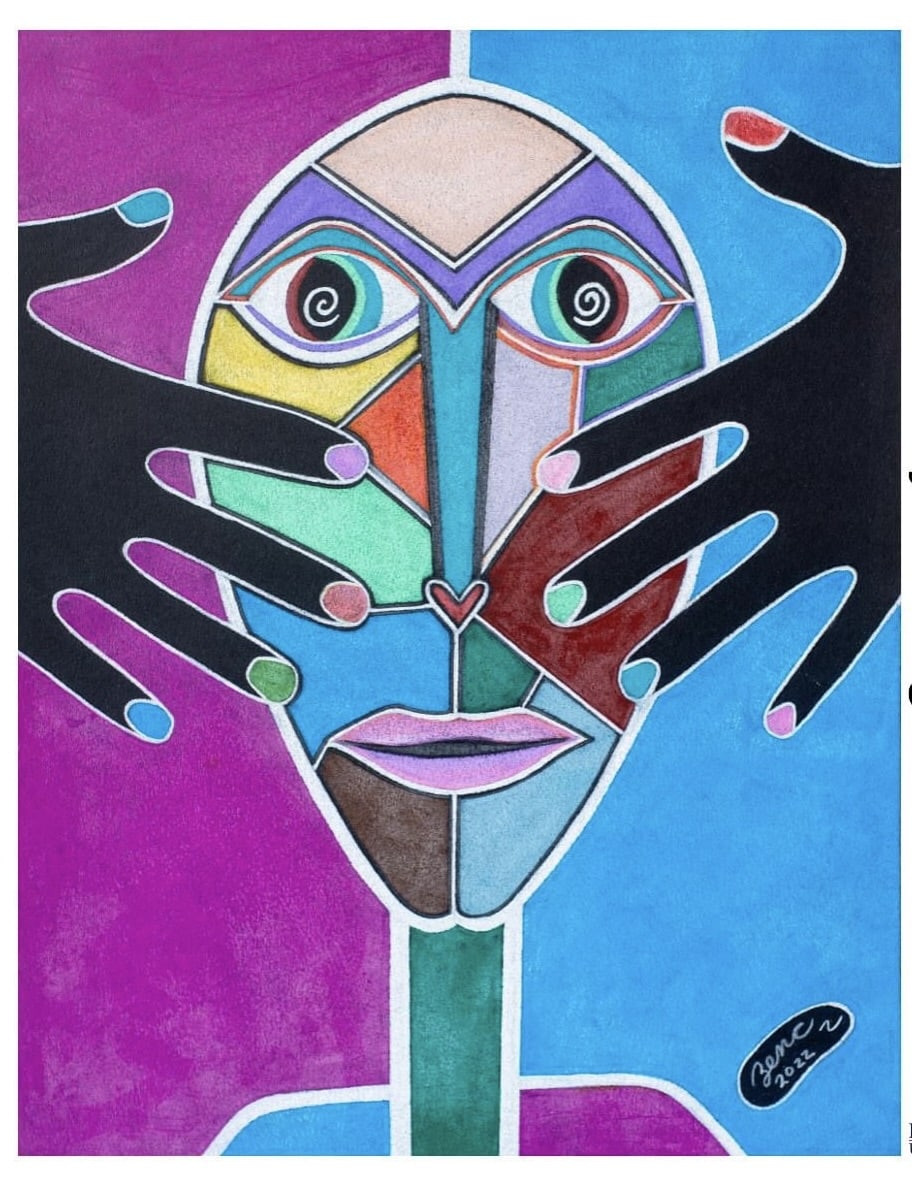When people begin the journey of chemsex sobriety, something interesting often happens: they’re willing to give up meth, G, cocaine, the apps, the all-night chaos… but the tiny brown bottle? That, they want to keep. And they often say it with a kind of playful defiance:
“I’ll keep my poppers, thanks.”
It’s not resistance for the sake of resistance. It’s not denial. It’s not even necessarily danger. Instead, it’s the complicated emotional and biochemical tug of a substance that feels benign, familiar, and sexual in ways the rest of chemsex culture is not.
So why do poppers feel so uniquely hard to give up? And are they actually safe to keep using during recovery? Let’s break it down.
The Myth of the “Benign” Drug
For many gay and bisexual men, poppers have been around so long and used so casually that they barely register as a “drug.” They’re more like an omnipresent fixture you find on nightstands, sex club floors, and underwear pockets alike. Giving up meth feels obvious. Giving up G feels essential. But giving up poppers? Really? For sobriety? That is where the bargaining begins. And in chemsex recovery, bargaining is always a sign that something has emotional significance.
Why Poppers Feel Hard to Give Up
Poppers sit at the crossroads of:
- Pleasure conditioning
- Sexual identity
- Triggers
- Dopamine association
- Fear of losing intensity
They are fast, potent, and deeply tied to sexual expression. Even when someone is fully sober from the other drugs, poppers elicit strong memories:
- The smell recalls hookups.
- The head rush recalls pleasure.
- The bottle itself recalls a version of sex that once felt thrilling, liberated, or connected — even if it was tangled up with harm.
In truth, poppers are often the spark that sets off the entire chemsex ritual. And because they’re legal (in most places), cheap, and reputedly “not addictive,” quitting them feels disproportionate.
But emotionally? They’re not small at all.
Poppers and Dopamine: The Brain’s Sexual Shortcut
While poppers don’t work on dopamine the way stimulants do, they still influence the dopamine system indirectly through:
- Anticipation
- Sexual arousal
- Conditioned pleasure response
Here’s the neuroscience in one sentence: Your brain remembers the dopamine of chemsex, and poppers are a cue that says, “We’re doing that again.” Even though poppers don’t spike dopamine the way meth does, the context around them absolutely does. Your brain doesn’t separate “innocent little bottle” from all the sexual scripts in your chemsex arousal template.
This is one of the reasons people ask, “Why do I still want poppers even when I’m sober?”
Because your brain stores intensity, not legality.
Poppers as a Trigger
Triggers aren’t just substances — they’re sensory doorways. And poppers are practically designed as an invitation to step into the chemsex ritual:
- The smell
- The rush
- The lowered inhibitions
- The “everything feels looser now” sensation
For many people in chemsex recovery, poppers don’t directly cause relapse — but they create a slippery slope by:
- blurring boundaries
- amplifying eroticized fantasy
- bringing specific chemsex memories to life, not just as an idea but as a sensory experience
This is why many people say that quitting poppers feels harder than expected. Because quitting isn’t just about removing a substance — it’s about sealing up a doorway to an entire neurological pattern.
Are Poppers Safe to Keep Using in Chemsex Recovery?
The honest answer is: it depends on your relationship with them.
Here are four questions I use clinically:
- Do poppers make you more likely to message someone you shouldn’t?
- Do they make sober sex feel “not enough”?
- Do they lead to fantasies about using other drugs?
- Do they reduce your ability to stop once sexual momentum starts?
If the answer is yes, then they’re not “safe,” even if they’re chemically mild.
If the answer is no, then poppers might function more like a sexual enhancer than a recovery threat — but only if you’re radically honest with yourself.
What Counts as Sobriety in Chemsex Recovery?
This is the part no one wants to talk about — because the answer is nuanced, personal, and sometimes messy. In chemsex recovery, sobriety is not one-size-fits-all.
Some people choose:
- total abstinence
- substance-specific sobriety (no meth, no G)
- behavioral boundaries rather than chemical ones
So what counts as sobriety? Whatever supports your safety, your integrity, your sexual well-being, and your long-term recovery goals in the context of:
- rebuilding pleasure
- relearning sexual regulation
- breaking compulsive cycles
- restoring connection
If poppers sabotage those goals, they don’t belong. If they don’t sabotage, they may not be the enemy.
Why Quitting Poppers Feels Harder Than Expected
People often say: I gave up the hard stuff — why does this feel so emotional?” Because poppers are not just about intoxication. They’re about:
- ritual
- identity
- memory
- your sexual self
- the intimacy you once chased
- the sensation of opening, softening, surrendering
Quitting them can mean redefining sexuality without one of its familiar anchors. That’s a big deal. It deserves compassion.
So… Should You Keep the Poppers?
Here’s the bottom line:
If poppers make your sobriety harder, even by 1%, they aren’t worth keeping.
If poppers do not trigger cravings, compulsions, or connection-seeking behavior that leads back into chemsex patterns, then they may be negotiable.
There is no universal rule – only self-honesty, self-awareness, and self-protection.
Final Thought: Sobriety Isn’t About Punishment — It’s About Choice
When someone says, “I’ll keep my poppers, thanks,” what they really mean is:
“I don’t want to lose the parts of sex that feel like me.” Recovery doesn’t ask you to give up pleasure. It asks you to choose pleasure that doesn’t destroy you.
If poppers fit that category safely, thoughtfully, and without hidden strings — then your recovery plan can make space for them. If they don’t, then letting go of them becomes an act of liberation. Either way, the bottle isn’t the point. Your integrity is.


